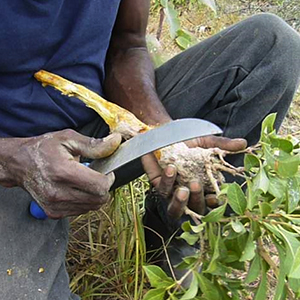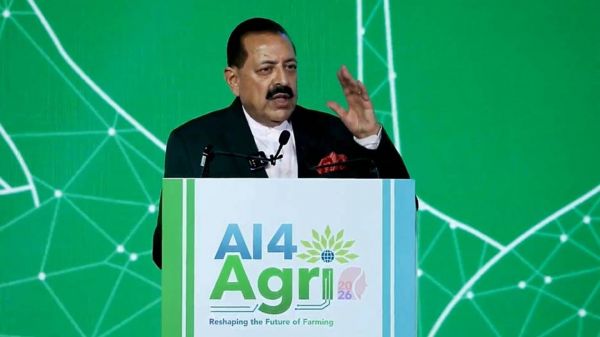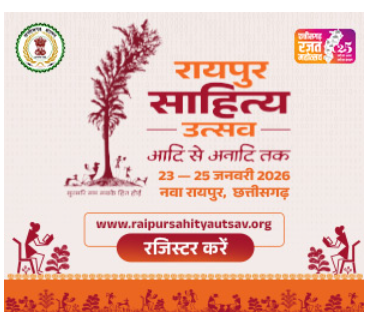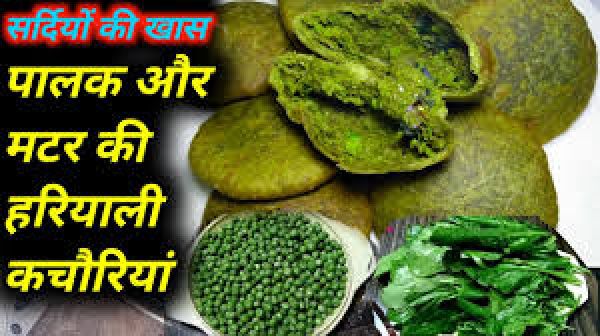Indigenous medical plants means “DESI AUSADHIYA PLANTS” indigenous plants are an important element of indigenous medical system in India and rest of the world. It has traditional medicinal use and traditional medicine refers to any ancient and culturally based healthcare practice, differing from scientific medicine and is largely transmitted orally by communities of different cultures.
People value these plants due to the ancient belief which says plant we created to supply man with food, medical treatment and other effects. It is though that about 80% of the 5.2 billion people of the world live in the less developed countries and the world health organization estimates that about 80% of these people rely most exclusively on traditional medicine for their primary healthcare needs.
Castor oil plant it has natural antiviral and antimicrobial properties make it a popular treatment for a skin problem known as dermatosis as well as fungal infections it’s also used for hair growth.
NEEM flower is used for reducing bile controlling phlegm and treating intestinal worms, and the neem fruit is used for hemorrhoids, urinary tract disorders, bloody nose, diabetes, wounds and leprosy.
Mango blooms the juice of mango flower or mango blooms is known to cool down the digestive system, can help in curing headache, vomiting and other allergies also.
Jackfruit tree they may help prevent disease like cancer and heart disease as well as eye problems like cataracts, jackfruit also contain many other oxidants and can help delay or prevent cell damage in our body.
Indigenous plants are inspirable from local livelihood and traditional therapies are currently being eroded due to changing lifestyles body. Though indigenous plants are inseparable from local livelihoods and traditional therapies are currently being eroded due to changing lifestyles.
Above points has highlighted the importance of indigenous medical plants to population of developing countries and their prospective role in primary healthcare under favorable circumstances medicinal plants could be useful components of a development strategies which enhance sustainable rural livelihoods. People will be motivated to conserve those plants at last, indigenous medical plants are the “BACKBONE” of traditional medicine and has most therapeutic usage in the region.
Author: Rukhmani Tripathi













































